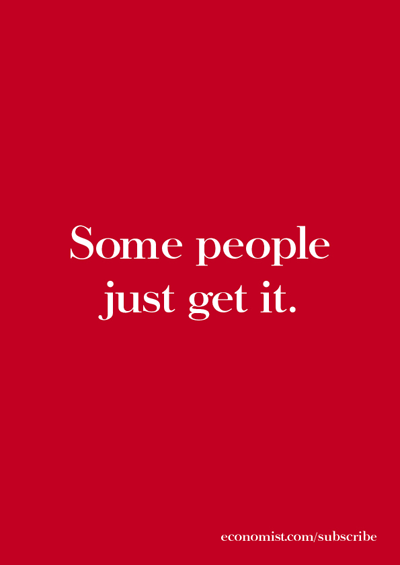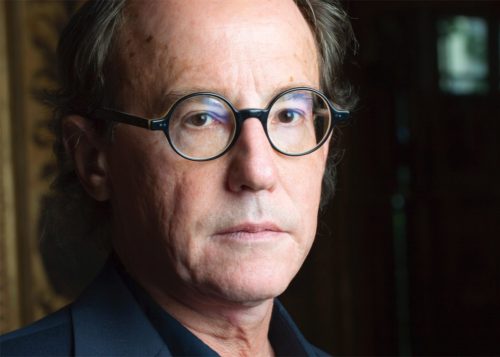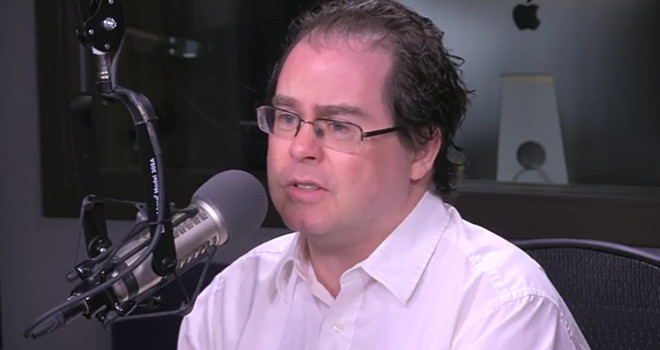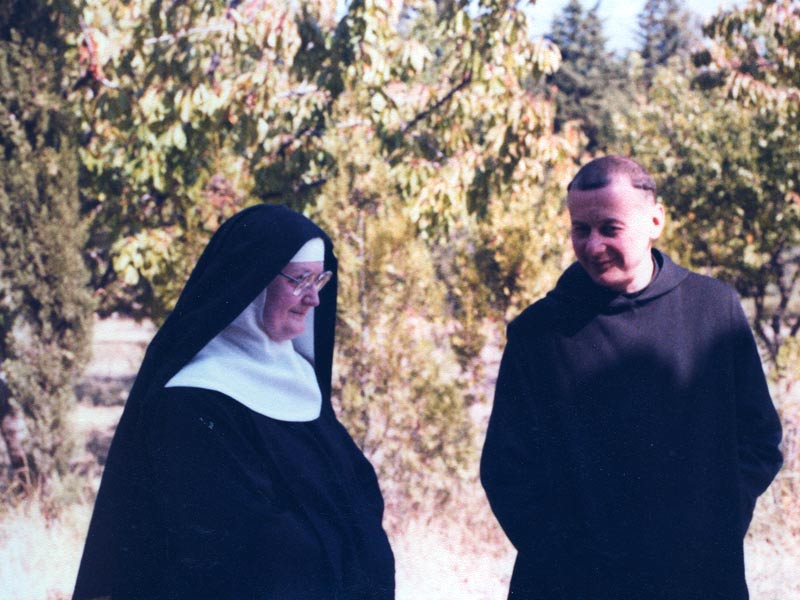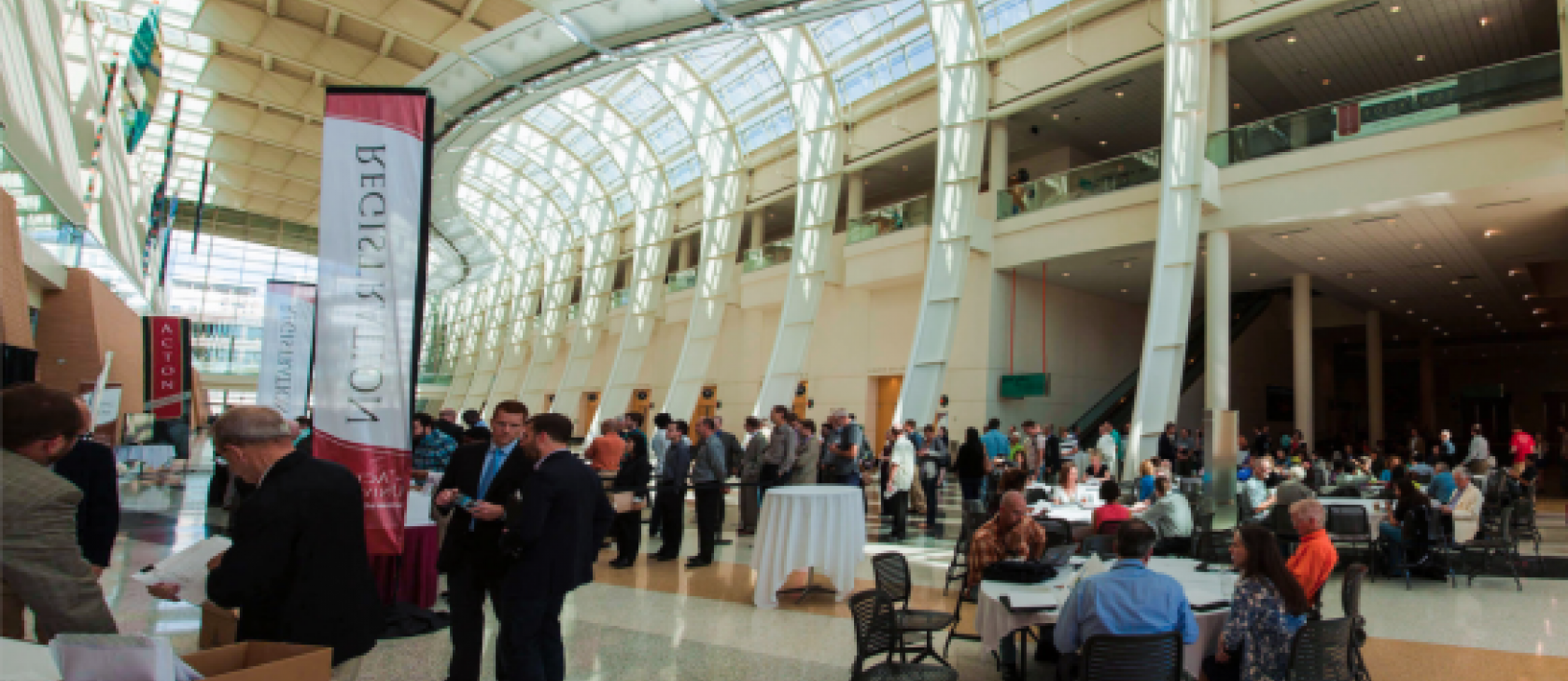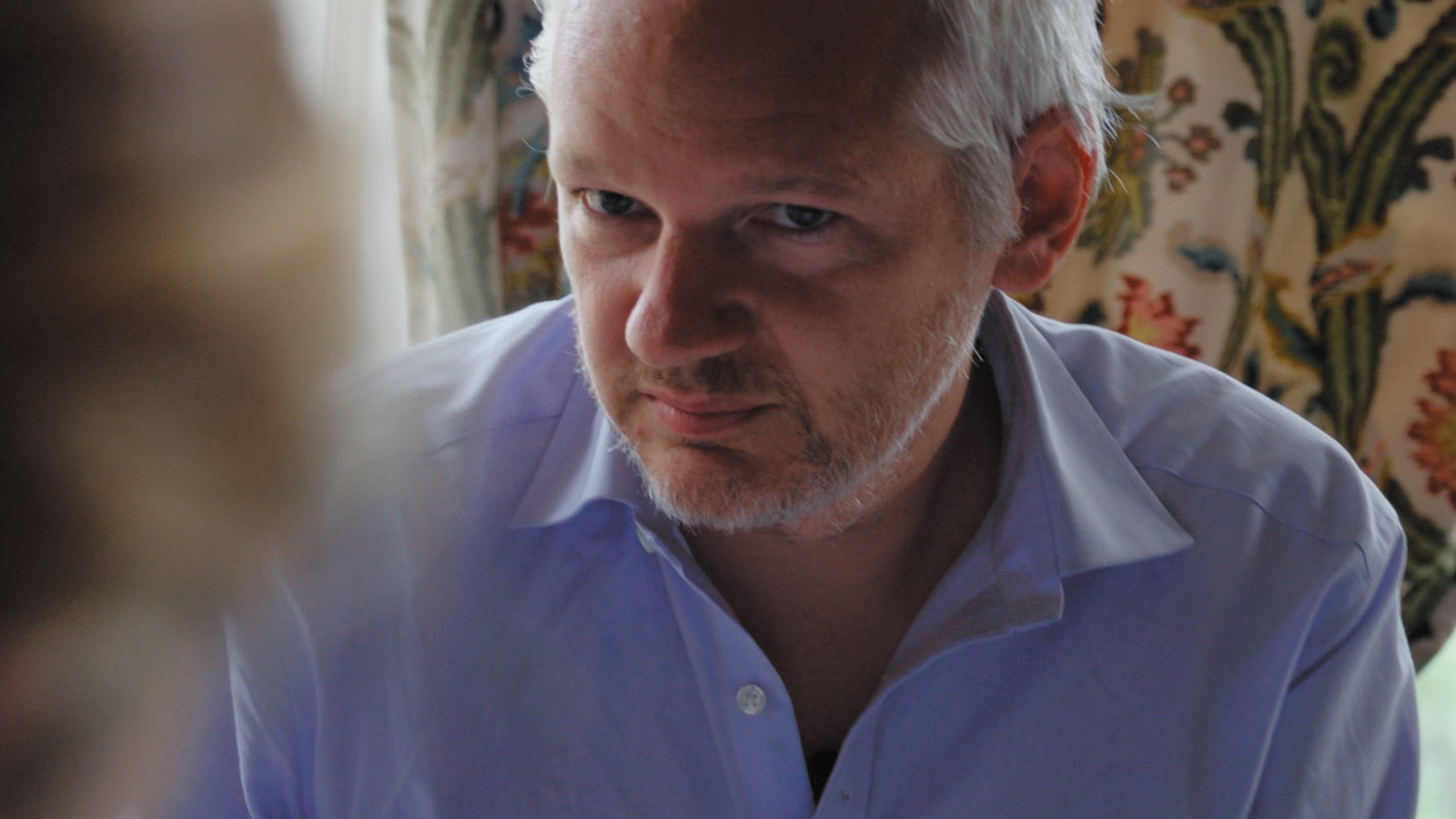This week’s edition of The Economist contains a review of Patrick Deneen’s Why Liberalism Failed, a work that hasn’t quite (temporarily) captured the public’s imagination in the way Rod Dreher’s Benedict Option did last year. (Perhaps too many people are reading Jordan Peterson.) The Economist, which has never shied away from its roots as a defender of classical liberalism, is surprisingly kind to Deneen’s book, even going so far as to acknowledge liberalism’s failures in recent years. Where The Economist takes umbrage with Deneen is with respect to his decision to lump many different iterations of liberalism under one roof. According to the anonymous reviewer, Deneen’s “lumping” leads him to conclude that liberalism “lies in freeing individuals from constraints.” On the contrary, “liberalism contains a wide range of intellectual traditions which provide different answers to the question of how to trade off the relative claims of rights and responsibilities, individual expression and social ties.”
The Economist then goes further. By “lumping” many different types of liberalism together, Deneen fails to acknowledge liberalism’s capacity for self-reform. Here the reviewer rattles off a short list of liberal crises, most of them economic, which were redressed by targeted legislation and political reform. However, The Economist does not take notice of how these reforms to “correct” or “temper” liberalism have given rise to a century-long quarrel among liberals over the defensibility of these reforms. Take, for instance, early 20th century progressive legislation which, among other things, targeted trusts that placed restraints on trade; unsavory labor conditions, including child labor; and urban degradation brought on by industrialization. Today, many of these reforms and the more radical reforms they inspired are challenged by libertarians as not only illicit encroachments by the state on free enterprise, but economically unsound. Moreover, social reform legislation, such as the civil-rights laws of the 1960s, have been used to push more radical agendas that leave many deeply worried that the triumph of liberalism is the triumph of ideology over religious and moral truth.
It is hard to imagine liberalism reforming itself at this late stage to meet the concerns of its more virulent critics, a population that is likely to expand in the coming years as wealth disparities continue to increase, social and communal ties break further down, and liberal ideology further displaces any and all competing interpretations of reality. The Economist takes it on faith more than anything else that liberalism can continue to reform itself and is silent on how any and all reforms may cause deeper rifts between various liberal camps over such touchy subjects as the role of government in the economy, the place of public regulation to enforce private values, and international relations.
At some point the harder point will need to be made by liberalism’s critics that the problem with liberalism is not merely its internal incoherencies, but the fact that it is plain wrong. However, to do so means taking a step most critics of liberalism are unwilling to make, and that is a step in favor of the truth of revealed religion over the novelties of Enlightenment thinking. That is far easier said than done. Look, for instance, at that great historic bulwark against liberalism, the Catholic Church. For over 50 years, it has become a matter of course in Church circles that liberalism is not only here to stay, but that it represents a positive good in human history. To return to the trenchant critiques of liberalism offered by numerous popes and churchmen from the 18th century onward is seen as nothing less than a giant leap backwards into the “kingdom of darkness” which Hobbes, Locke, and Rousseau were said to have freed us from. And even if some soberminded Catholics are inclined to believe the Church has tilted too far in favor of liberalism since the Second Vatican Council, their hope remains for a gentle compromise between the Church and liberalism rather than what those with eyes to see know is coming, namely an irrevocable confrontation.

